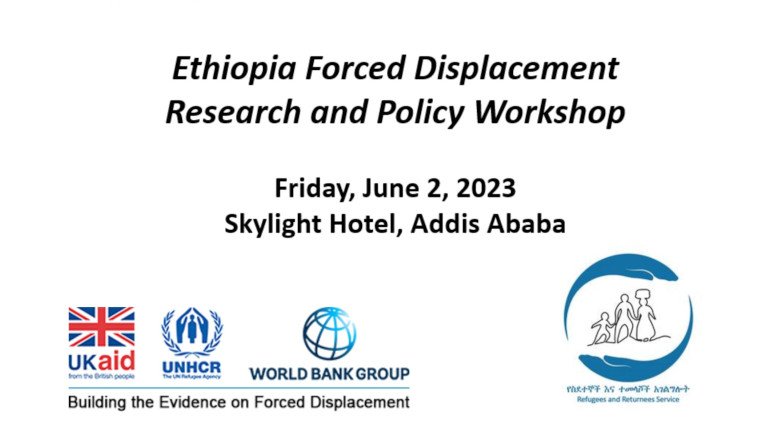Introduction
Measuring the impact of refugee presence in host communities is a key focus for Building the Evidence on Forced Displacement, a research partnership between the UK, the World Bank, and UNHCR. Recent research supported by the program examined the impact of forced displacement on Ethiopia, a country that hosts a large number of forcibly displaced persons.
The studies included an analysis of what works in promoting social cohesion between displaced and host communities; a multi-country study on labor market outcomes of host communities, including new data on job activities and labor market interactions collected among refugees and hosts amongst others in Ethiopia (Addis Ababa and Jijiga) as well as two work permits case studies (forthcoming); and a study on the cost-effectiveness of jobs interventions. Impact evaluations were also included in the research; one involved a ¡®mental imagery¡¯ intervention aimed to improve refugees¡¯ readiness to work, another was embedded in the Refugees-Host Integration through Safety Nets (RHISN) project, and a third evaluated the Development Response to Displacement Impacts project (DRDIP). In addition, a Socio-Economic Survey of Refugees in Ethiopia was undertaken with funding from the Joint Data Center on Forced Displacement, and various applied analytics were conducted.
Against this backdrop, the World Bank, RRS, and UNHCR organized a workshop to disseminate the findings from this set of research papers on Ethiopia. The workshop enabled participants to discuss the overall implication of the research findings for policy, programs, and projects, and to brainstorm priority areas for future research and analytics.
Last Updated: Jan 11, 2024


